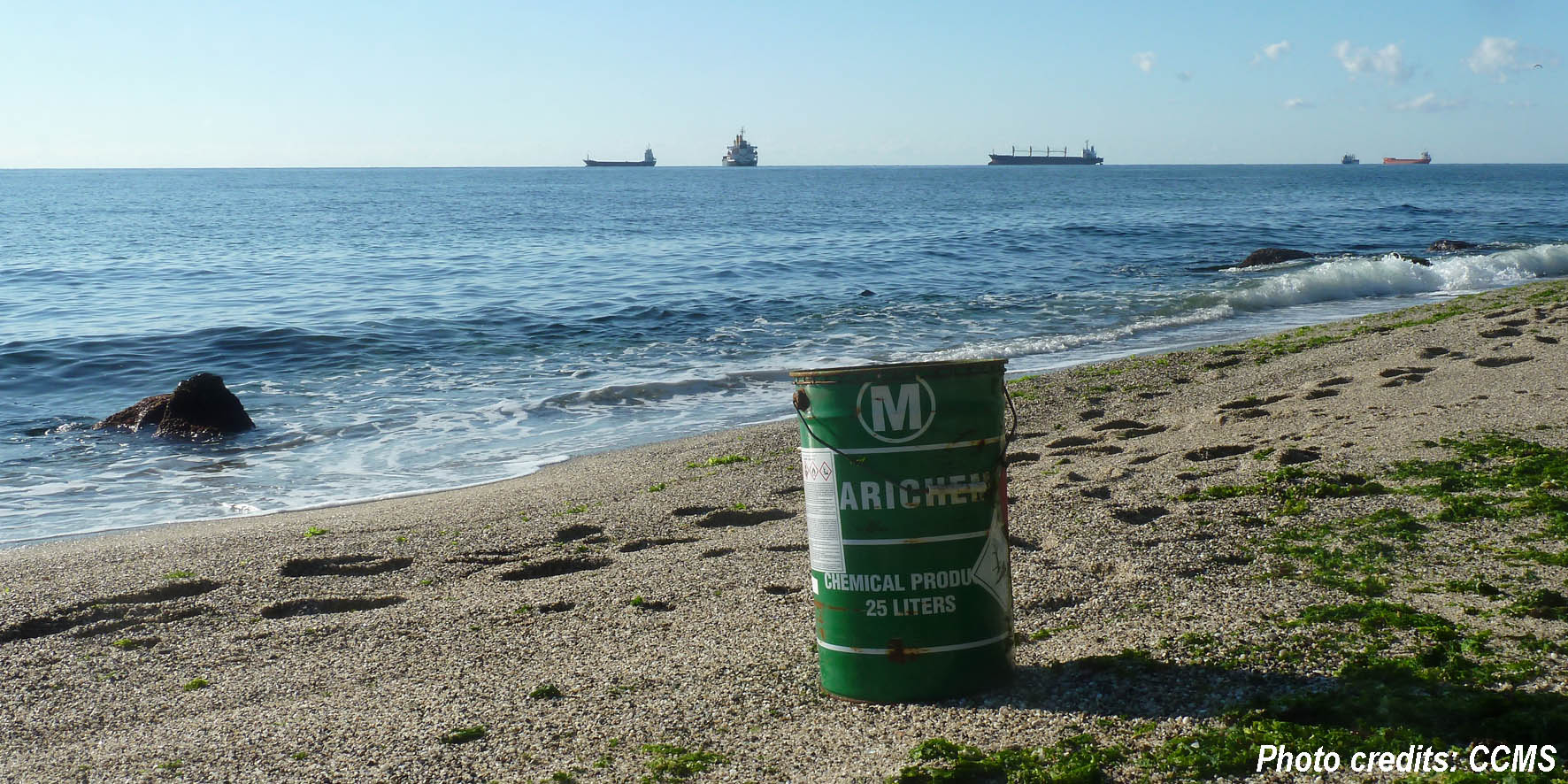
Air and noise pollution, the impacts of climate change such as heatwaves, and exposure to dangerous chemicals cause ill health in Europe. Poor quality environments contribute to 13 % (one in every eight) of deaths according to a major assessment on health and environment released by the European Environment Agency (EEA).
A significant proportion of the burden of disease in Europe continues to be attributed to environmental pollution resulting from human activity, according to the EEA report ‘Healthy environment, healthy lives: how the environment influences health and well-being in Europe.’
The report highlights how the quality of Europe’s environment plays a key role in determining our health and well-being. It shows how social deprivation, unhealthy behaviours and shifting demographics in Europe influence environmental health, with the most vulnerable hardest hit.
‘There is a clear link between the state of the environment and the health of our population. Everyone must understand that by taking care of our planet we are not only saving ecosystems, but also lives, especially the ones who are the most vulnerable. The European Union is devoted to this approach and with the new Biodiversity Strategy, the Circular Economy Action Plan and other forthcoming initiatives we are on the path to build a more resilient and healthier Europe for European citizens and beyond,’ said Virginijus Sinkevičius, Commissioner for Environment, Oceans and Fisheries.
The report stresses that an integrated approach to environment and health policies is needed to tackle environmental risks, protect the most vulnerable and fully realise the benefits that nature offers in support of health and well-being.
A healthy nature is a key mechanism in the delivery of public health, reducing disease and fostering good health and well-being. Green solutions offer a triple win for health, society and the environment. Quality green and blue spaces in urban areas support health and well-being, offering venues for physical activity, relaxation and social integration, with major benefits for poor communities. Green and blue spaces cool cities during heatwaves, alleviate flood waters, reduce noise pollution and support urban biodiversity.
Within the EU, the European Green Deal represents a critical direction-setting change in the European policy agenda and sets out a sustainable and inclusive strategy to improve people's health and quality of life, care for nature, and leave no one behind.
Originally published by EEA: (link to report)
